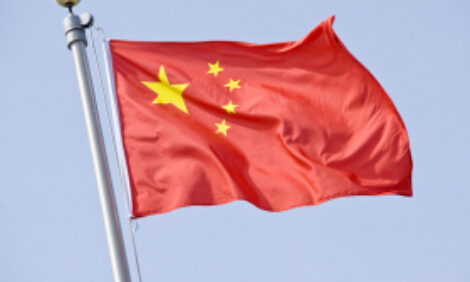



Fonterra to raise milk payouts to farmers cutting emissions
Nestle, Mars to give bonuses to the lowest emitting farmsNew Zealand's Fonterra Co-operative will increase payments to dairy farms with lower greenhouse gas emissions, with customers Nestle and Mars giving bonuses to the lowest emitting farms, Reuters reported, citing the companies on Tuesday.
Nearly half of New Zealand’s total greenhouse gas emissions come from agriculture, mainly methane from cows and sheep. While the government has wound back some agricultural regulations and ended plans to introduce emissions pricing in 2025, Fonterra continues to target a 30% reduction of emissions at its roughly 8,000 farms by 2030.
From June 1, Fonterra will pay farms with emissions lower than the baseline levels in 2017/18 between 1 and 5 New Zealand cents on top of their expected payments, the companies' statement said. Fonterra is forecasting paying between NZ$9.50 and NZ$10.50 ($6.02) per kg of milk solids it buys in the 12 months to May 30 2025, according to a previous statement.
Since 2021, Fonterra has paid farmers slightly more for milk produced on farms that meet sustainability standards.
Mars and Nestle will add incentive payments to the best performing Fonterra dairy farmers. This is expected to benefit around 300 to 350 farmers with additional payments of 10 to 25 New Zealand cents per kg of milk solids, the statement said.
There will also be new on-farm tools funded by the two companies that will help farms reduce emissions, the statement said.
Dairy farmer Andrew Flay, who milks 390 cows on his farm in the central North Island, said he was pleased with the new incentives.
“It’s great… it’s a carrot rather than a stick and it encourages farmers to be sustainable,” Flay said. “The sustainability aspect, the low emissions is something that I think everybody has to take on board, whether it's farming, dairy or industries.”
In a related statement, Mars said it is investing $27 million over five years toward the payment programme and the emission-reducing technologies. It expects the project to reduce scope 3 emissions, or those in its supply chain, by over 150,000 metric tons by 2030 from its 2015 baseline.
“We're really committed to making sure that we're driving our greenhouse gas reduction,” Amanda Davies, Mars Snacking’s chief R&D, Procurement and Sustainability officer. “Dairy is a really important part of that ... It's super important for us that we think about programs with farmers.”
($1 = 1.7434 New Zealand dollars)



